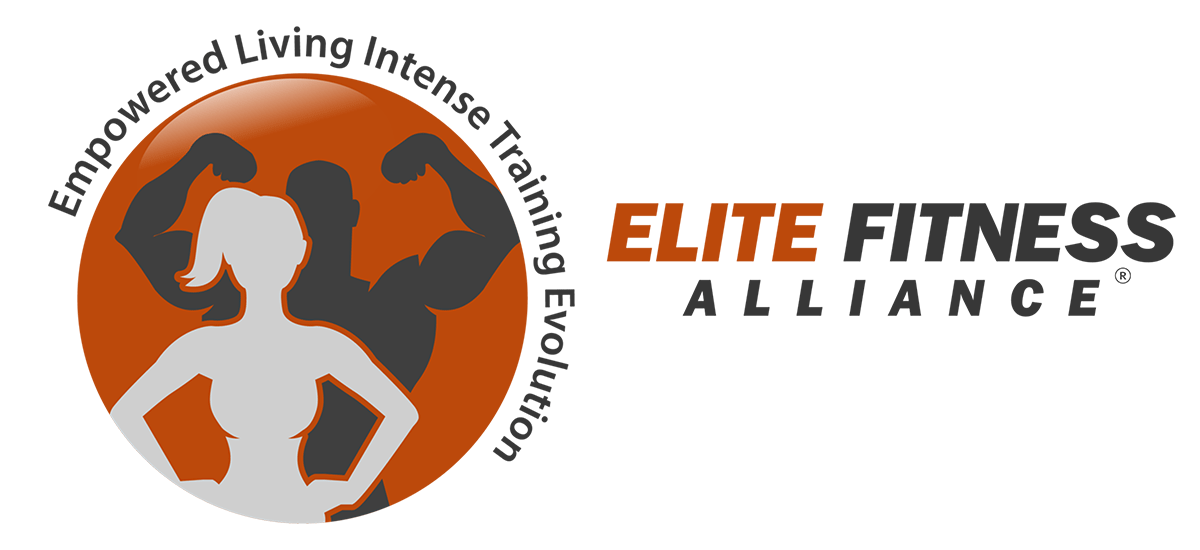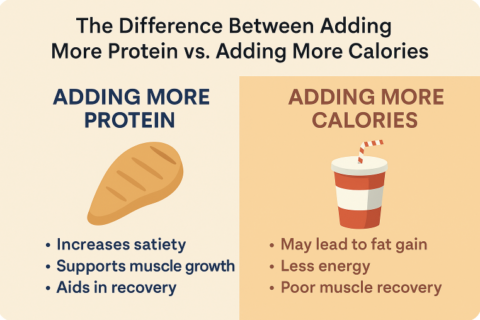5 REASONS WHY YOU NEED TO EAT PROTEIN AND WEIGHT TRAIN WHILE TAKING OZEMPIC
Ozempic, a medication primarily used to manage type 2 diabetes, has also gained popularity for its weight loss benefits. However, to maximize its efficacy and maintain a healthy body composition, incorporating protein intake and weight training into your routine is crucial.

Here’s why:
- Preserve Muscle Mass
Reason: One of the significant risks of rapid weight loss is muscle loss. When you lose weight quickly, it’s not just fat that you shed but also muscle. Maintaining muscle mass is essential for overall strength, metabolic health, and physical function.
Solution: Consuming adequate protein helps in muscle preservation. Aim for about 1.2 to 1.6 grams of protein per kilogram of body weight daily. Combine this with regular weight training sessions, focusing on all major muscle groups, to ensure your muscles stay strong and healthy.
- Boost Metabolism
Reason: Muscle tissue burns more calories at rest compared to fat tissue. Therefore, maintaining or increasing muscle mass can help keep your metabolism high, aiding in continued weight loss and weight maintenance.
Solution: Engage in weight training at least three times a week, with a mix of compound exercises (like squats, deadlifts, and bench presses) and isolation exercises (like bicep curls and leg extensions). Additionally, spread your protein intake throughout the day to support muscle repair and growth, aiming for 20-30 grams of protein per meal.
- Enhance Satiety
Reason: Protein is known for its satiating effects, meaning it can help you feel fuller for longer. This can be particularly beneficial when you are on Ozempic, as it can help you adhere to a calorie-controlled diet more easily.
Solution: Incorporate high-protein foods such as lean meats, fish, eggs, dairy products, legumes, and protein shakes into your diet. Eating protein at regular intervals throughout the day, especially in the morning and after workouts, can help control hunger and prevent overeating.
- Improve Strength and Functional Fitness
Reason: Weight training not only helps in muscle maintenance but also improves overall strength and functional fitness. This means you’ll find everyday activities easier and reduce the risk of injuries.
Solution: Include a variety of exercises targeting different muscle groups. For beginners, start with bodyweight exercises and gradually progress to using free weights and machines. Aim for 8-12 repetitions of each exercise, performing 3-4 sets. Over time, gradually increase the weight and intensity as you become stronger.
- Enhance Bone Density
Reason: Both protein intake and weight training are crucial for maintaining and improving bone density. This is especially important as rapid weight loss can sometimes lead to decreased bone mineral density, increasing the risk of fractures.
Solution: Engage in weight-bearing exercises such as walking, jogging, and resistance training. These activities stimulate bone formation and improve bone strength. Additionally, ensure your diet includes adequate calcium and vitamin D, along with protein, to support bone health.
Best Ways to Workout While on Ozempic
- Start Slow: If you’re new to exercise, begin with light activities like walking or yoga to build a foundation.
- Strength Training: Incorporate resistance exercises at least three times a week. Focus on compound movements like squats, deadlifts, and push-ups, which work multiple muscle groups.
- Cardio: Combine strength training with cardiovascular exercises such as brisk walking, cycling, or swimming. Aim for 150 minutes of moderate-intensity cardio per week.
- Rest and Recovery: Ensure you have adequate rest days between strength training sessions to allow your muscles to recover and grow.
- Consistency: Consistency is key. Stick to a regular workout schedule to see long-term benefits.
How Often to Eat Protein

To maximize muscle protein synthesis and support your fitness goals, it’s crucial to consume protein regularly throughout the day:
– Breakfast: Include a high-protein source like eggs, Greek yogurt, or a protein shake.
– Lunch and Dinner: Ensure your meals contain a substantial portion of protein, such as chicken, fish, tofu, or beans.
– Snacks: Opt for protein-rich snacks like nuts, cottage cheese, or protein bars.
– Post-Workout: Have a protein-rich snack or meal within 30 minutes of completing your workout to aid muscle recovery.
Combining Ozempic with a diet rich in protein and a consistent weight training routine can significantly enhance your weight loss journey and overall health. By preserving muscle mass, boosting metabolism, and improving strength, you’ll not only achieve your weight loss goals but also maintain a healthy, functional body. Stay consistent with your protein intake and workouts, and enjoy the benefits of a stronger, healthier you. Contact Elite Fitness Alliance to learn more.


